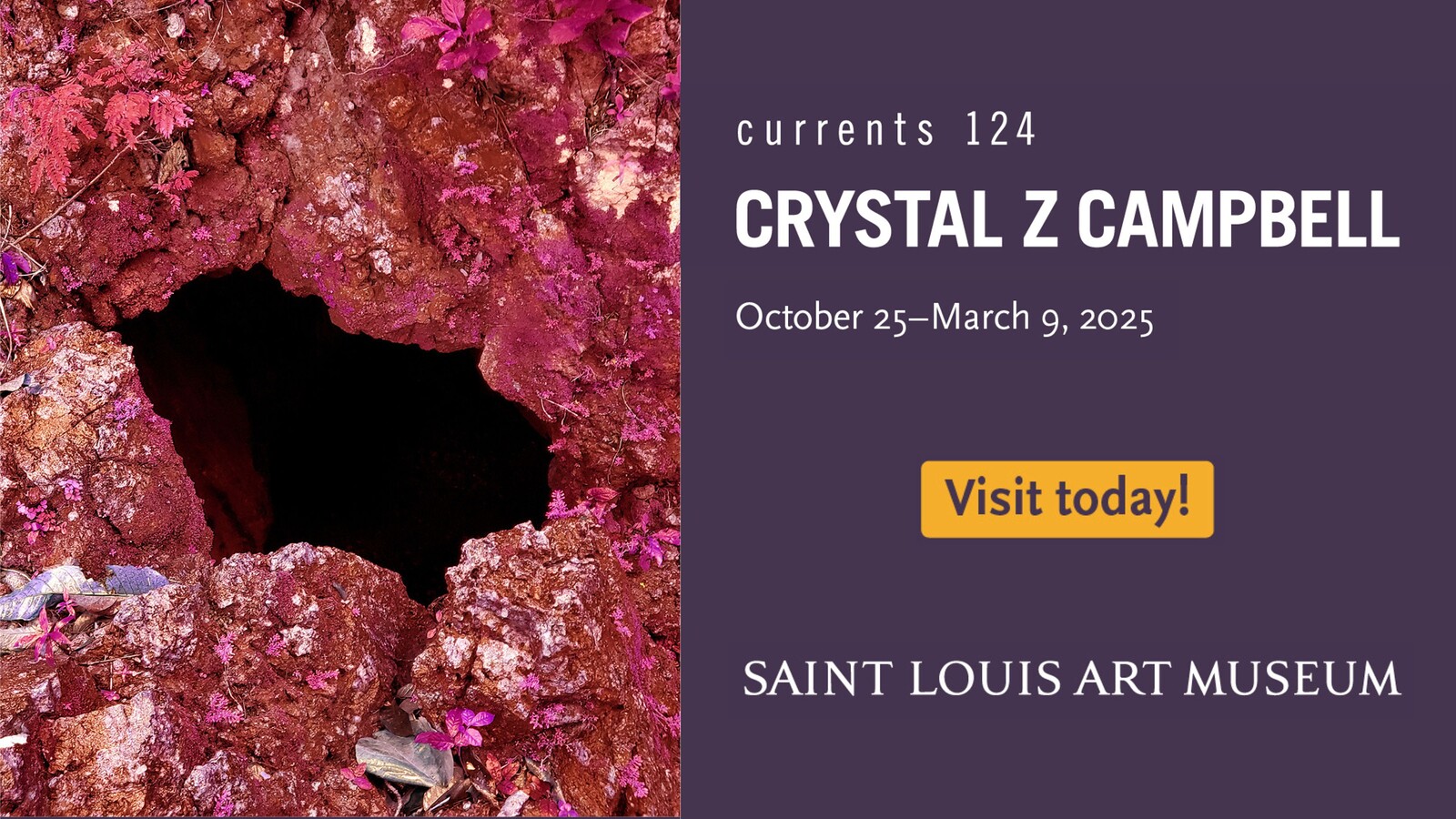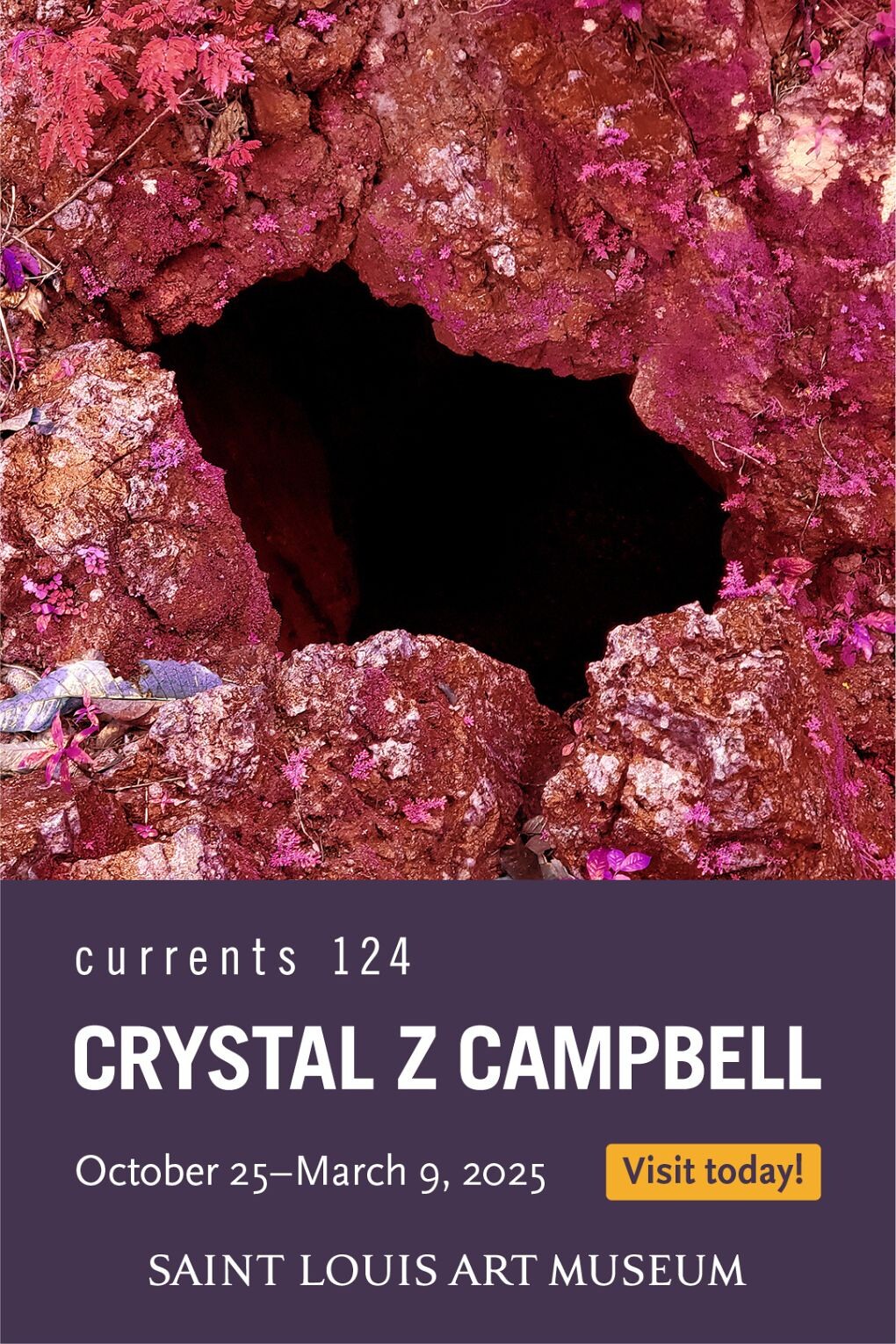Lee Mingwei: Sonic Blossom
26 April–18 May, 2014
Ullens Center for Contemporary Art
798 Art District, No. 4 Jiuxianqiao Lu
Beijing
China
T +86 10 5780 0200
visitor [at] ucca.org.cn
In Taiwan-born, New York-based artist Lee Mingwei‘s participatory installation Sonic Blossom, classically trained opera singers periodically choose museum visitors and approach them with a simple question: “May I give you a gift of song?” Should they accept, the singer will lead the participant to a chair and serenade them with one of Franz Schubert’s Lieder.
Lee Mingwei devised Sonic Blossom while caring for his mother as she was recuperating from surgery. As classical music enthusiasts, the pair found solace in listening to Schubert’s Lieder, a set of arrangements for piano and voice. In a period of the artist’s life when the prospect of mortality was immediate and real, the Lieder represent a fleeting moment of tranquility whose beauty is compounded by its ephemerality.
Lee Mingwei’s artworks take the form of participatory installations, where strangers can explore issues of trust, intimacy, and self-awareness on their own, and one-on-one events, where visitors meditate on these concepts with the artist himself through eating, sleeping, walking, and conversation. Lee’s projects are often open-ended scenarios for everyday interaction, and take on different forms depending on the participants. These experiential pieces allow the viewer’s personal history to inhabit the space around Lee’s thematic framework, speaking to both the communality and individuality of memory and emotion.
The artist’s subtle interventions in institutionalized space overturn the visitor’s expectations of participation, at times to the point of transgression. Past projects have asked museum-goers to give a flower to a stranger on the street (The Moving Garden); withdraw into a booth and write a letter to a deceased or absent loved one, which is either posted or left for other visitors to read (The Letter Writing Project); or sleep over at the museum alongside the artist (The Sleeping Project).
Many of Lee Mingwei’s works reflect the emotional and psychological effects of migration and cross-cultural identity—homelessness, isolation, and loss, as well as a concomitant wisdom, perspective, and heightened awareness of one’s ties to the world, whether family, kinship, memory, or kindness. In his youth, Lee spent six summers studying Buddhism in a Chan monastery in Taiwan before he was sent to a Benedictine high school in San Francisco at the age of 14. He later completed his undergraduate and graduate degrees in the US. Lee’s works embody a hybrid sensibility fitting to today’s mobile world, especially as cross-cultural artists contemplate their practice with an eye to global consciousness.
Lee Mingwei’s unique brand of relational aesthetics compels the viewer to suspend cynicism and anxiety in confronting extreme situations: sore memories, lost loves, or, in the case of Sonic Blossom, a fleeting moment of beauty experienced publicly. Lee’s reorientations of spectacular space, while at times subversive, do not alienate viewers so much as welcome them into his re-imagining of our relationships with public institutions and with each other—a kinder, more thoughtful, more vulnerable social commons.
The UCCA presentation of Sonic Blossom marks the piece’s China debut and the second performance worldwide after its unveiling at the opening exhibition of the National Museum of Modern and Contemporary Art, Seoul, in 2013.
Lee Mingwei was born in Taiwan in 1964. Today the artist lives and works in New York. Lee received an MFA from Yale University in 1997. His works have been exhibited in solo shows at the Whitney Museum of American Art (New York, 1998); Isabella Stewart Gardner Museum (Boston, 2000); Museum of Modern Art (New York, 2003); Museum of Contemporary Art, Taipei (2007); Queensland Gallery of Modern Art (Brisbane, 2008); Chinese Arts Centre (Manchester, 2013); and Peranakan Museum (Singapore, 2013). Select group exhibitions include the Asia Pacific Triennial of Contemporary Art (Brisbane, 1999); Taipei Biennial (2000); Venice Biennale (2003); Whitney Biennial (2004); Echigo-Tsumari Art Triennial (Niigata, 2006); Lyon Biennale (2009); Liverpool Biennial (2010); Shenzhen Sculpture Biennale (2012); and Biennale of Sydney (2012). Lee is currently preparing for his mid-career survey exhibition, which will be on view at the Mori Art Museum in Tokyo, Japan, from September 20, 2014, to January 4, 2015.
Editorial contacts
Ling Chen, UCCA: ling.chen [at] ucca.org.cn
Cheng Xia, UCCA: cheng.xia [at] ucca.org.cn
Phoebe Moore, Sutton PR Asia: phoebe [at] suttonprasia.com



